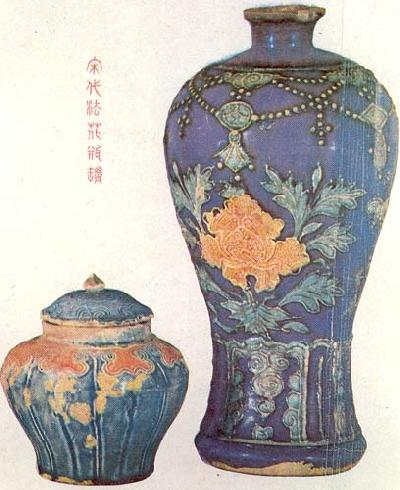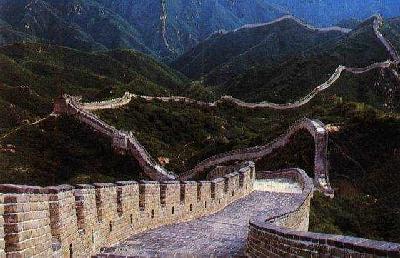| About China > History > Dynasties > dycontent |
|
|
Ming Dynasty
With a total of 16 emperors, the Ming Dynasty lasted 276 years, from 1368 to 1644.
When Emperor Yingzong ascended to the throne in 1436, the Ming Dynasty began its decline, mainly due to the monopoly of eunuchs. Corruptive officials levied heavy taxes on peasants, triggering countless uprisings. At the same time, the Ming Dynasty faced the danger of attacks from external forces. During the reign of Emperor Jiajing (circa 1521), Zhang Juzheng was appointed to carry out a comprehensive reform in politics, the economy and military. For some time, things had changed for the better but, before long, a eunuch named Wei Zhongxian seized and abused his power, which accelerated the Ming's decline. At the same time, the N¨¹zhen of the northeast became powerful and finally overthrew the Ming Dynasty during a storm of peasant uprisings. Emperor Chongzhen hanged himself at the foot of the Coal Hill behind the imperial palace. |
||||||
 |

